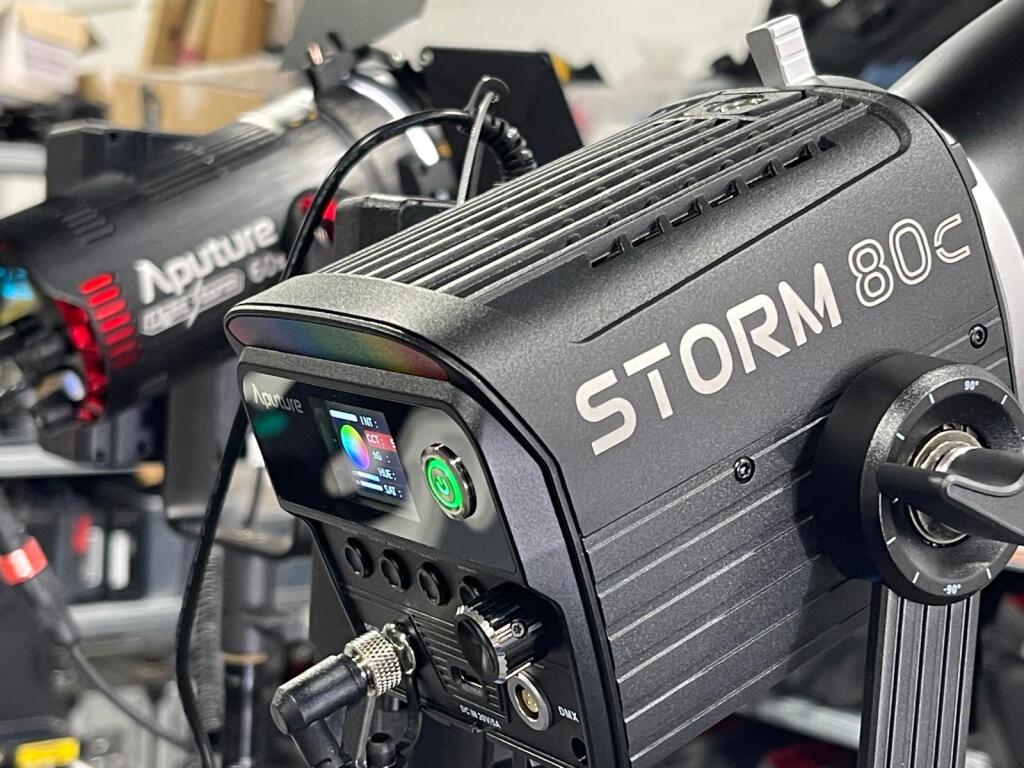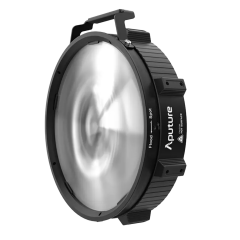Categories
What Is Albert Accreditation — and Why It Matters for Film and TV Productions
Sustainability has become a key focus across the film and television industry. From lighting setups to location transport, every element of production now faces growing pressure to reduce its carbon footprint. That’s where Albert accreditation comes in — a certification that recognises environmentally responsible productions and helps the industry move toward a more sustainable future.
Albert is the UK’s leading environmental sustainability organisation for film and TV. Founded in 2011 and supported by BAFTA, Albert provides the tools, training, and certification that enable productions to measure and reduce their environmental impact.
A production that achieves Albert certification demonstrates a clear commitment to sustainability — from pre-production planning through to post. You’ll often see the Albert logo at the end of shows that meet its strict sustainability criteria, including major productions from the BBC, ITV, Channel 4, Netflix and Sky.
Why It Matters?
The media industry has a significant environmental impact. Large productions involve travel, power consumption, catering, materials, and waste — all contributing to carbon emissions. Albert accreditation is important because it:
- Encourages industry accountability — helping production teams understand their carbon footprint
- Promotes best practices in sustainable production
- Meets broadcaster requirements — many UK networks now require Albert certification for commissioned content
- Improves reputation — certified productions can publicly demonstrate their sustainability commitment
- Builds awareness among crew, suppliers, and audiences about greener production methods
By working towards Albert certification, the entire industry moves closer to net-zero production.
Getting Albert-accredited involves a structured process designed to help teams plan, track, and reduce their environmental impact. Here’s what is typically required:
1. Register and Complete the Albert Carbon Calculator
Albert’s Carbon Calculator helps productions measure their predicted emissions. Teams input data on travel, accommodation, lighting, catering, and materials. This forms the foundation of a sustainability plan.
2. Develop a Carbon Action Plan
After identifying key impact areas, the production must outline how they’ll reduce emissions — for example:
- Using LED or low-energy lighting
- Hiring electric or hybrid vehicles for transport
- Sourcing local crew and suppliers
- Minimising generator use on location
- Reducing single-use plastics and waste
3. Engage the Whole Production Team
Every department, from camera to catering, plays a role. Productions must demonstrate crew engagement and sustainable choices throughout the shoot.
4. Submit Evidence for Review
At the end of production, documentation and evidence are submitted to Albert for verification. Once approved, the production receives official Albert Certification and the right to display the logo onscreen.
Sustainability doesn’t stop with the production team — it extends to suppliers too.
At Media Dog, we are full Albert Certified and actively support productions aiming for Albert accreditation by offering:
- Energy-efficient camera, lighting and grip equipment
- LED and low-power lighting options
- Reusable protective cases and eco-friendly packaging for shipping
- Consolidated delivery options to reduce transport emissions
- Advice on sustainable gear choices for your carbon action plan
- Alternatives to Diesel Generators such as Portable Power Blocks
Working with environmentally conscious rental partners can make a real difference when completing your Albert submission.
Albert accreditation isn’t just about compliance, it’s about leadership. Productions that prioritise sustainability help set new standards for creativity, responsibility, and long-term environmental care.
By embedding greener practices into every stage of production, the film and TV industry can tell its stories responsibly, without costing the Earth.

LED Lighting providing cleaner alternatives to more classic Film and TV lighting such as Tungsten elements and HMIs.




